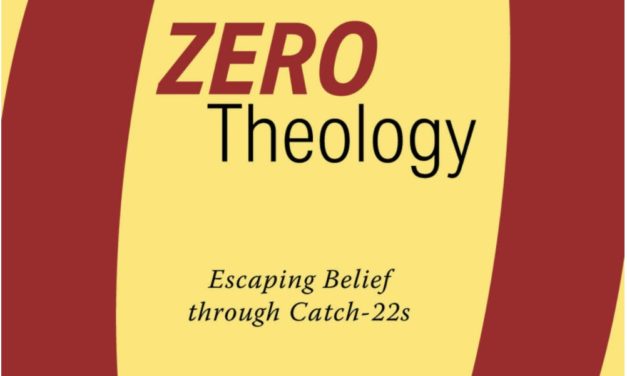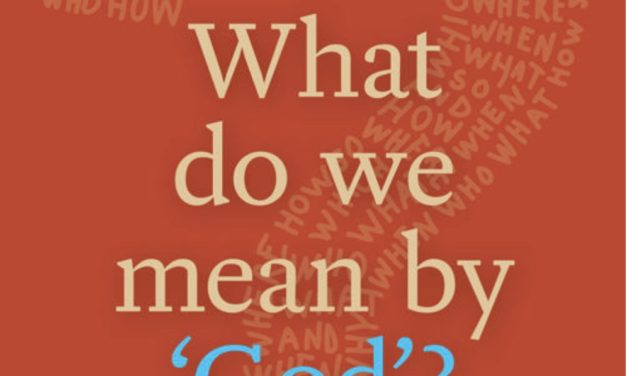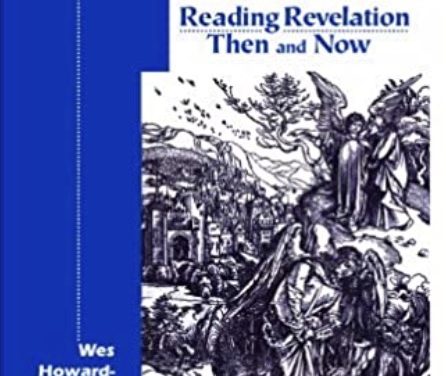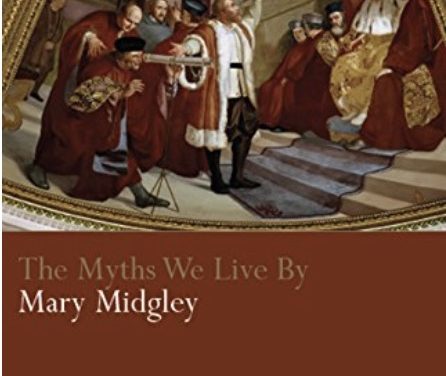Zero Theology: Escaping Belief through Catch-22s
In ZeroTheology, John Tucker argues that not only can one be a Christian without holding any traditional beliefs but that one can only be a Christian by getting out of religious belief altogether. Utilizing the philosophy of Ludwig Wittgenstein, John offers a way of escaping the belief/disbelief trap that explains why believers and unbelievers cannot understand each other and why neither understands the alternative religious path that the author promotes. Tucker addresses many of today’s most pressing religious questions and introduces his own: Why do evangelicals believe that homosexual fidelity is more harmful to marriage than heterosexual infidelity? Why are believers so bothered by science and so impressed by miracles? What if Sin and Grace are synonyms? What if Jesus is sinless in an ironic way? What is the difference between making judgments and passing judgment? Why does the literal versus metaphorical debate completely miss the point of religious language? Using Catch-22s, ZeroTheology offers a new way of looking at Christian religious life that emphasizes the non-reasonable transcendent choice over the perfectly reasonable choice of belief or unbelief.
Read More





